Lazy Composting
lnewport
13 years ago
Related Stories

GARDENING GUIDESGet on a Composting Kick (Hello, Free Fertilizer!)
Quit shelling out for pricey substitutes that aren’t even as good. Here’s how to give your soil the best while lightening your trash load
Full Story
EARTH DAYThe Case for Losing the Traditional Lawn
Work less, help the environment and foster connections by just saying no to typical turf
Full Story
FALL GARDENING5 Ways to Put Fall Leaves to Work in Your Garden
Improve your soil and yard the organic way with a valuable garden booster that grows on trees
Full Story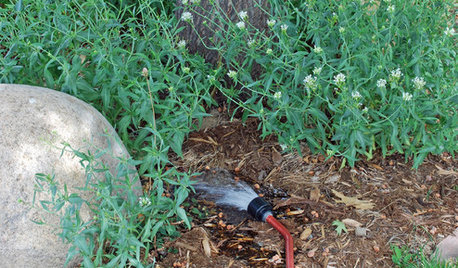
GARDENING GUIDESRocky Mountain Gardener's August Checklist
August may be hot, dry and dusty, but with care and planning, your garden will continue to thrive
Full Story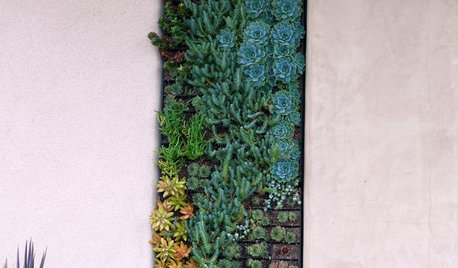
GARDENING AND LANDSCAPING3 Fuss-Free Ways to Garden
You can do it! Try the low-water, natural or container garden look
Full Story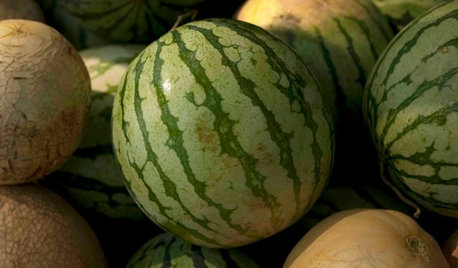
GARDENING GUIDESSummer Crops: How to Grow Melons
Drink in the refreshing sweetness of melons from your own garden this summer — they can last well into fall too
Full Story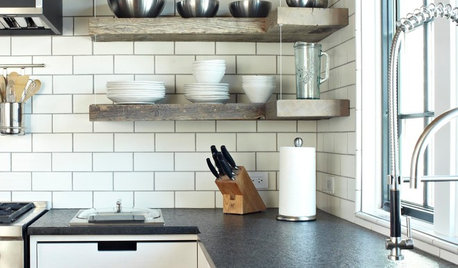
KITCHEN DESIGNKitchen Confidential: 13 Ideas for Creative Corners
Discover clever ways to make the most of kitchen corners to get extra storage and additional seating
Full Story
GARDENING GUIDESNew Ways to Think About All That Mulch in the Garden
Before you go making a mountain out of a mulch hill, learn the facts about what your plants and soil really want
Full Story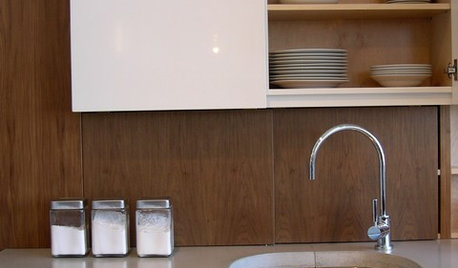
KITCHEN WORKBOOK8 Kitchen Amenities You'll Really Wish You Had
Keep kitchen mayhem and muck to a minimum with these terrific organizers and other time-saving, mess-preventing features
Full Story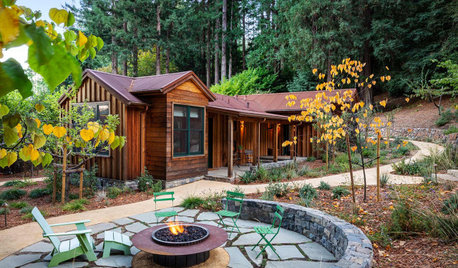
FALL GARDENING7 Reasons Not to Clean Up Your Fall Garden
Before you pluck and rake, consider wildlife, the health of your plants and your own right to relax
Full Story





melodydf1953
ausbirch
Related Professionals
Danbury Landscape Architects & Landscape Designers · Battle Ground Landscape Contractors · Brookfield Landscape Contractors · Broomfield Landscape Contractors · Cordele Landscape Contractors · Golden Gate Landscape Contractors · Hickory Hills Landscape Contractors · Lakeville Landscape Contractors · Ocoee Landscape Contractors · Wallingford Landscape Contractors · Oxon Hill Landscape Contractors · North Aurora Landscape Contractors · East Cleveland Gardeners & Lawn Care · Bear Driveway Installation & Maintenance · Cincinnati Driveway Installation & Maintenanceezzirah011
digit
ezzirah011
digdirt2
ausbirch
bluebirdie
digit
lnewportOriginal Author
melonhedd
lnewportOriginal Author
glib
idaho_gardener
Chrissy Chris
guavalane
kayhh